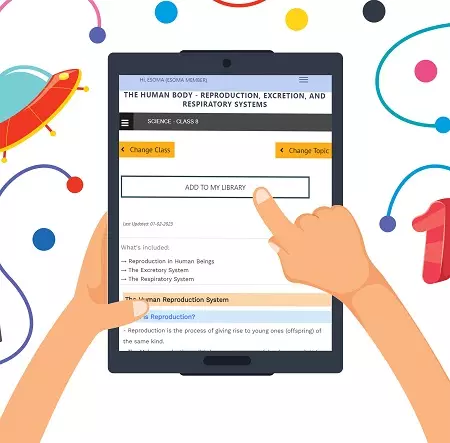Gen 37:1-36, 50:1-26 Ex 1-2
- Moses was born at a time when a decree had been issued to kill all male babies by
drowning them in river Nile.His mother bore and hid him in a woven basket.
- When the baby was three months old and could no longer be hidden, his mother took him
in a water proof basket, which he placed within the reeds at the bank of river Nile.
- The baby Moses was miraculously rescued by Pharaohs daughter, who took him to
the palace, where he was brought up in a noble manner.
- The caretaker assigned to him was coincidentally his biological mother: Jacobeth, a
fact hidden even to Pharaoh himself.
- Moses received credible education and training as a prince.
- Later on, he killed an Egyptian who had confronted an Israelite. Sensing danger,
he fled to the wilderness. Here, he was a shepherd and experienced all the difficulties of the wilderness.
- At that point, Moses received his call in the form of a burning bush.




